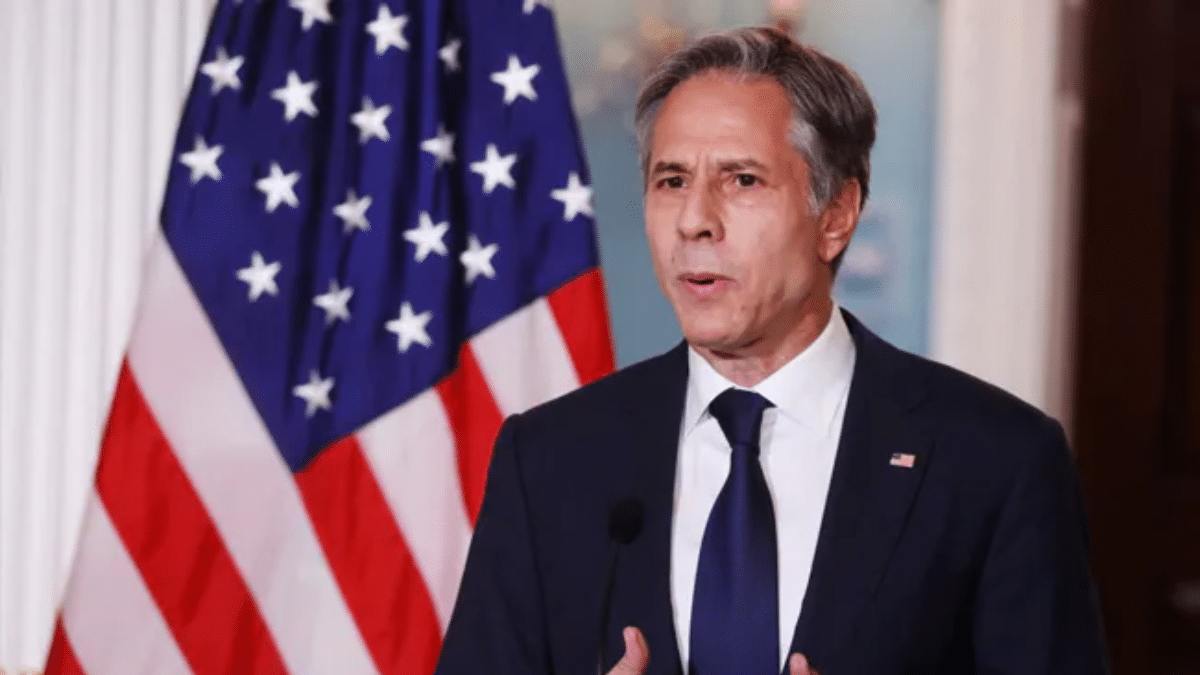The US Secretary of State Antony Blinken continues his diplomatic efforts in the Middle East, embarking on a crucial visit to Egypt as part of a comprehensive tour aimed at securing a new truce and fostering an enduring end to the Israel-Hamas war. The visit follows talks in Riyadh with Saudi Crown Prince Mohammed bin Salman and underscores the United States’ commitment to finding a sustainable resolution to the prolonged conflict.
Blinken is scheduled to meet Egyptian President Abdel Fattah al-Sissi in Cairo, marking a significant step in engaging regional leaders to address the complexities of the Israel-Hamas war. This visit to Egypt, a key player in the region, is a pivotal move in the diplomatic chessboard as efforts are made to broker peace and stabilize the volatile situation.
The Secretary of State’s visit to Cairo comes on the heels of his fifth tour to the region since the war erupted nearly four months ago. The intense diplomatic engagements emphasize the urgency of finding a lasting solution to the conflict that has resulted in immense human suffering and loss on both sides.
Blinken’s discussions in Egypt will likely touch upon a range of issues, including the humanitarian crisis in Gaza, the need for a durable ceasefire, and the possibility of kickstarting negotiations for a long-term peace agreement. The involvement of key regional players, such as Egypt and Saudi Arabia, underscores the complexity of the geopolitical landscape surrounding the conflict.
Following his time in Egypt, Blinken is set to continue his Middle East tour with stops in Israel and Qatar. These visits are expected to provide further insight into the diplomatic efforts being undertaken to bring about stability and peace in the region.
As the international community closely watches Blinken’s diplomatic marathon, the hope remains that these high-level engagements will pave the way for constructive dialogue, leading to a sustainable resolution and an enduring end to the Israel-Hamas war. The challenges are formidable, but the commitment of global leaders to address the root causes of the conflict signals a collective determination to work towards a future of peace and security in the Middle East.

